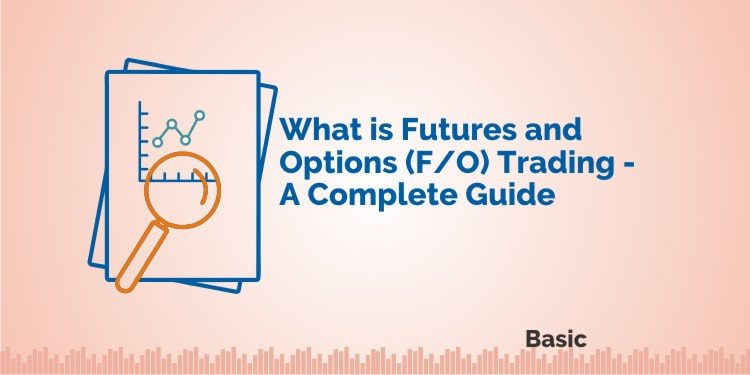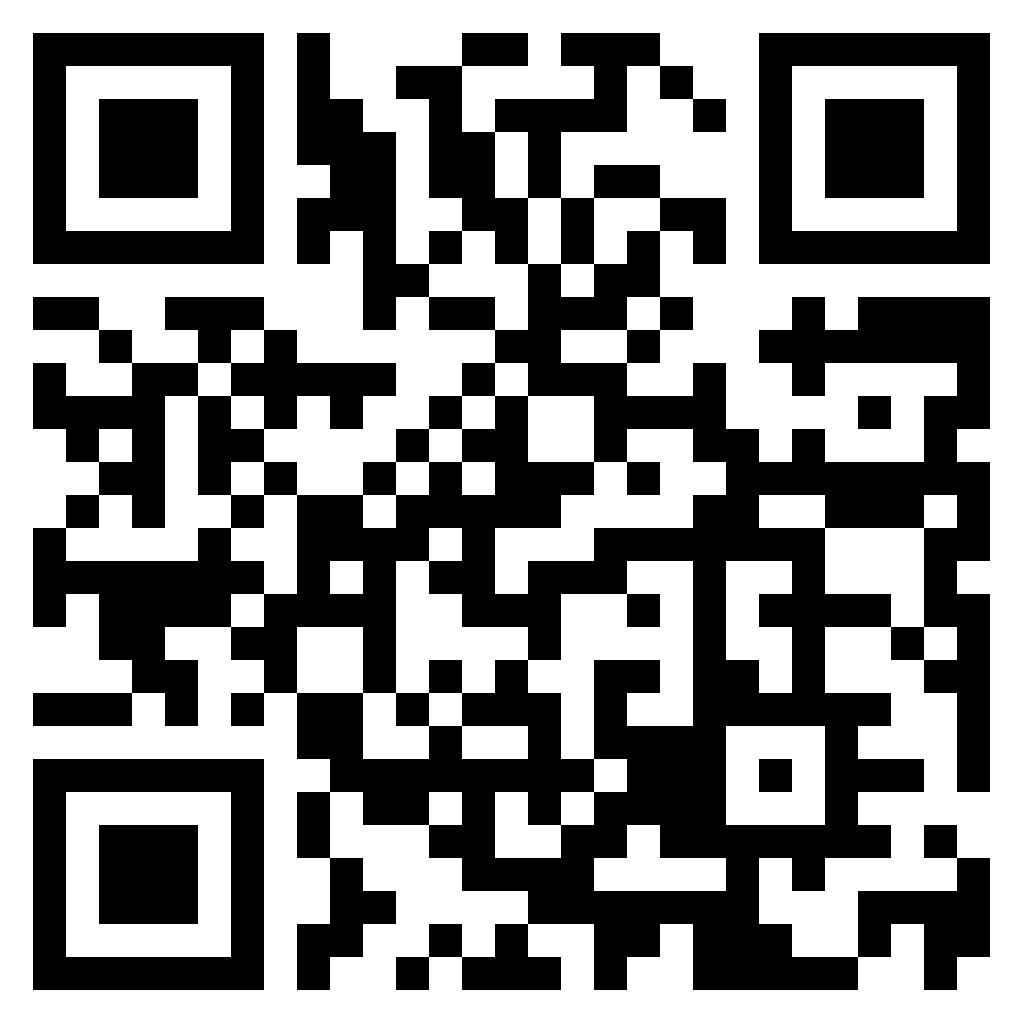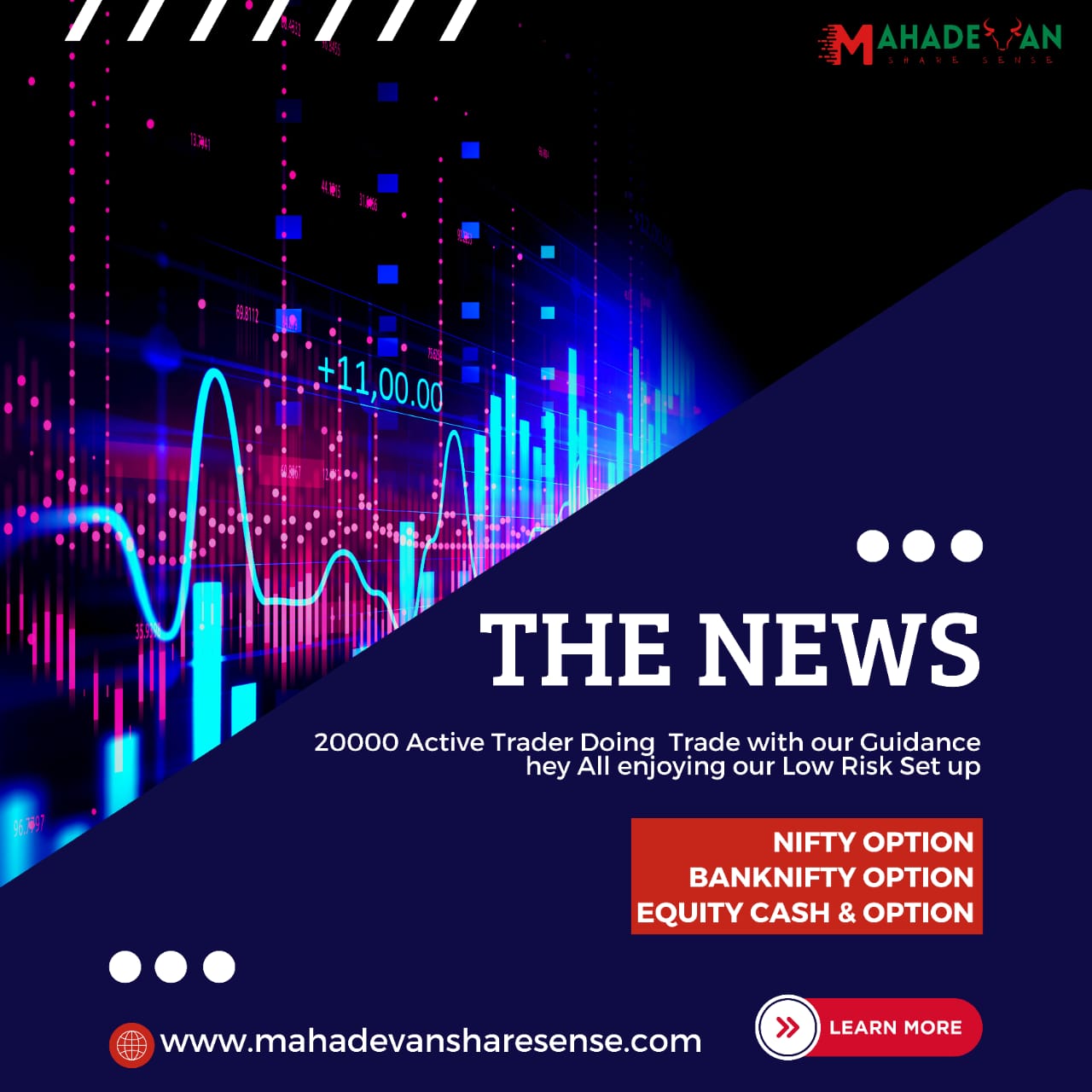

A Derivative is a financial contract whose value is derived from the underlying assets such as bonds, stocks, commodities, currencies, and market indices. The value of these assets keeps changing as per the market sentiments. Traders use derivative contracts to earn profits through speculating the value of the underlying asset in the future.
Example – If the market price of an equity share goes down, the trader may suffer losses due to a dip in the stock price. To hedge this loss, the trader may enter a derivative contract to make a profit or cushion himself from the losses in the stock market.
What Are the Different Types of Derivatives?
There are 4 types of derivatives:
- Options – Options are the derivative contracts between a buyer and seller that allow them to buy or sell an underlying asset on a given date at a particular price.
- Futures – Futures are a type of derivative contract where there is an agreement between the two parties for selling or buying an asset at a particular price at a certain time in the future.
- Forwards – Forwards are similar to future contracts with a small difference. The forwards are customized contracts between the two parties in which the settlement takes place at a specific price in the future on a specific date. On the other hand, the futures are standardized contracts.
- Swaps – Swaps are the derivative contracts between the 2 parties in which the exchange of cash flows of the financial instruments owned by the parties takes place.
What is Futures Trading?
A futures contract is an agreement between seller and buyer in which the buyer enters the contract to buy a decided number of shares or an index from the seller at a set price and at a specific time in the future. This is a standardized contract in terms of contract sizes and expiry dates and can be traded on exchanges.
Must Read- Fundamental vs Technical Analysis of Stocks
What are the Types of Future Contracts?
There are 4 types of futures contracts:
- Index Futures – The underlying value of an index future is based on the stock index. A stock index is used for measuring the changes in the prices of a stock group over a period which is made by picking the stocks of the same size or sector. Bank Nifty and Nifty 50 are examples of stock indices.
- Interest Futures – This is a type of futures contract with an underlying instrument that pays interest. It is an agreement between the seller and the buyer for the future delivery of any interest-bearing asset at a certain price.
- Stock Futures – These are derivative contracts that give the power to buy or sell a set of stocks on a certain date at a particular price. After buying the contract, the traders are obligated to uphold the terms of the agreement.
- Currency and Commodity Futures – Currency futures are also called forex futures. They are exchange-traded fund contracts for selling or buying a particular amount of currency at a specific date and price in the future.
What Jargons are Used in Future Trading?
- Lot Size – The contracts cannot be traded for a single share in the derivatives market. They can be traded for a fixed lot of the underlying share which is decided by the exchange on which it is traded. Eg. A Tata Consultancy Services Ltd. (TCS) futures contract has a lot of 125 TCS shares which means that if we buy one lot of futures contracts of TCS, we will be future trading 250 shares of RIL.
- Underlying Value – The value of the asset on which the futures contract is based.
- Expiry Date – The futures contract expires on the last Thursday of the respective contract month. If last Thursday turns out to be a holiday, then the contract expires on the previous business day.
- Instrument type – The stock of a company, currency of interest rate, index are the underlying assets of the company. If we want to trade company stock, then the instrument type will be ‘Stock Futures’.
What is Options Trading?
Options are derivative contracts that are used as hedging tools. An option gives the seller or buyer the right but not an obligation for selling or buying the underlying asset at a decided price on or before a particular date.
Types of Options Trade
There are two types of options contracts:
- Call Option – The Call Option gives the buyer the right, but not the obligation to buy an underlying asset at a certain price for a particular interval of time. Investors buy call options when they have a bullish view shortly and they will sell if they have a bearish view on the stock.
- Put Option – The Put Option gives the seller the right but not an obligation to sell the underlying asset at a decided price at the near price. An investor with a bearish view on the stock price will buy put or sell if they have a bullish view on the stock prices.
What Jargons are Used in Options Trading?
Some of the commonly used jargons in options trading are:
- Premium – An option premium is a price paid by the buyer to the seller of the option contract. In-the-money option premiums consist of 2 factors: Intrinsic and Extrinsic Value. Out-of-the-money options’ premiums are composed of extrinsic value.
- Strike Price – The price at which the derivative contract holder exercises his right. It is essential to select a strike price in options trading.
- Underlying Price – It is the value of the asset on which the futures contract is based.
- Options Settlement – The settlement is done between the buyer and the seller. The options can be cash settlement and physical settlement.
- Options Expiry – The options expire on the last Thursday of the respective contract month. If the last Thursday of the month is a holiday, then the options will expire on the previous business day.
What are Option Greeks?
Option Greeks are used to measure the sensitivity of an option to the changes in the price of an underlying stock, market volatility, and expiration time. They help in the pricing of the options and help the traders in trading options. There are 5 types of option greeks – Gamma, Delta, Vega, Rho, and Theta. They all have an impact on each other.
Should I Invest in Futures and Options?
The traders who wish to hedge their position in the equity market shall trade in options and futures to hedge their positions in the market. It is important to note that this market is risky for beginners and they may lose their capital if they enter it without the required knowledge.
What is Open Interest? ( OI )
Open Interest is a measure of the amount of money flowing into the market. It refers to the outstanding or open ‘sell’ or ‘buy’ positions created by traders or hedgers and helps in analyzing the stock price movements. The open interest data can be checked at the end of the training session on the NSE ( National Stock Exchange ).
The relationship between open Interest and price is as follows:
- If both the price and open interest are increasing, the trend is bullish.
- If the price is falling but the option interest is increasing, the trend is bearish.
- If the price is increasing but the open interest remains steady, the market has reached a top.
- If the price is falling and the open interest does not increase much, the market has made a bottom.
Key Elements
- The futures contracts can be stock, index, currency, and interest rate futures.
- The options give the right ( but not an obligation ) to the seller or buyer to sell or buy the underlying asset at a decided price on or before a specific date.
- Options are of two types – Put Option or Call Option.
- Option Greeks help in pricing the options and they help the trader in trading options.
- Open Interest is the number of outstanding contracts in the market.
- Derivatives are financial products and their values are derived from other underlying assets. These assets can be equity or debt securities, commodities, currencies, or indices.
NOTE: Keep in mind that trading options and futures may involve risks.














